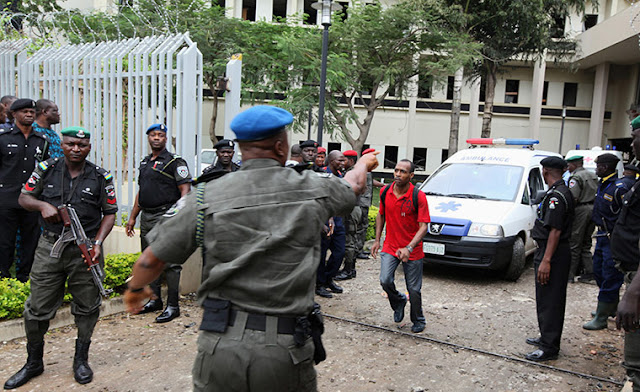The England riots have really gotten people talking, the constant commentary online, the televised interviews of so called “community leaders” and a particular dim-witted historian have sparked debates up on multiculturalism, crime and poverty, the main question on everybody’s lips is why? Why did these young people take to streets to loot, vandalise and in some cases commit acts of violence?
Unfortunately like many of the people in this country I do not know the answer to that question but what I can say is multiculturalism cannot be linked to crime and whilst crime is often linked to poverty the problems we face in modern day Britain as we saw demonstrated on a large scale during the riots stem from issues far more complex than so called black “violent, destructive, nihilistic gangster culture” infiltrating that of the “whites” as so stupidly put by David Starkey.
Contrary to what many in this society are led to believe rioting, looting and violent crime took place in this country before the mass immigration of Blacks to the capital, during the blitz in the 1940’s Café the Paris was looted and according to the late Ballad Berkley (faulty towers) looters “cut the fingers from the dead to get at their rings”. During a debate in the commons on the 26th of June 1941, Captain Cunningham Reid an MP representing St Marylebone constituency described looting as a “serious menace”
and stated that there were “4,584 cases of looting in London alone” in that particular year, he then went on to urge the Secretary of State for the Home Department (Mr. Herbert Morrison) to “consider appointing a director of anti-looting measures” in order to combat the increasing problem, he informed Mr Herbert that many of the looters were in fact “members of the public services “ and that the police were “not able adequately to cope with this very serious problem”.
I am surprised to say the least that words such as “black culture” are still be used in the twenty first century, there is no such thing as “black culture”, even before emigration and colonialism “black culture” was non existent, “black culture” is a fallacy full stop.
The problems in this country stem from a defining culture of greed, consumerism and materialism, hence the reason reasonably wealthy politicians continue to steal taxpayer’s money in the name “expenses” it is quite a pity that David Cameron did not ensure all those involved in this “mindless criminality” faced “the full force of the law”.
The greed and consumerism embedded in the fabric of this society go so far back that at the start of the 16th century the British were kidnapping large numbers of their own people, and sending them over to the Caribbean and Australia for hard labour in order to make a profit before even introducing the “blacks” to such large scale inhumane criminality.
If the racist cowards in this country dropped the act of self importance and weren’t so busy hiding behind organisations such as the EDL or In David Starkey’s case an obviously unmerited degree from the university of Cambridge perhaps they’d have the time to pop into the British library and read a book with words instead of photographs of celebrities maybe then they’d realise who the “mindless criminals” in this society really are.





























